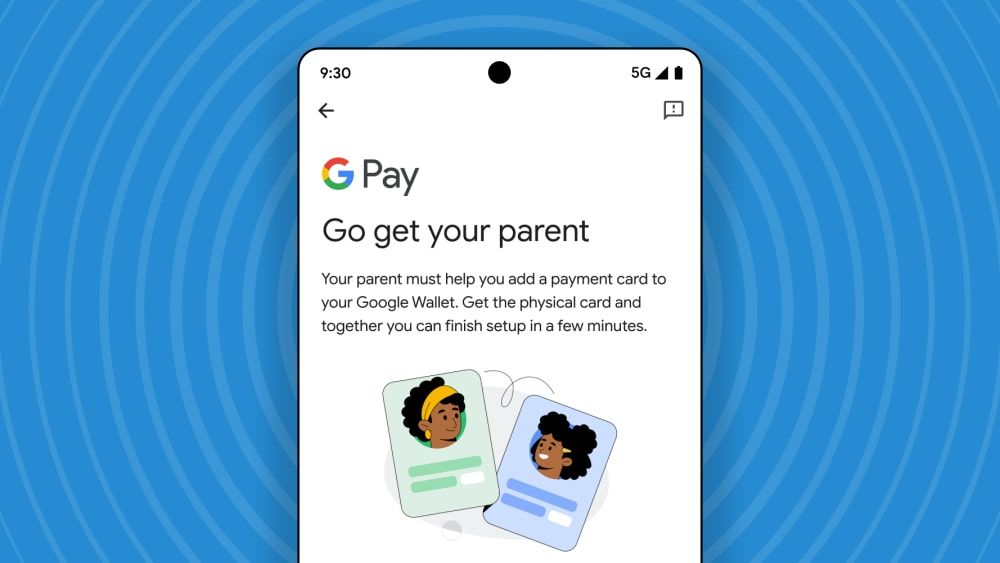The exodus of Android phone users to iPhone and Apple’s iOS ecosystem could be slowing.
According to a report by Consumer Intelligence Research Partners (CIRP), based on data from US consumers from the past five years, showed that the proportion of iPhone buyers who were former Android users fell to 13% last year, from 15% in 2022; however, that’s still a higher proportion than in 2020 and 2021 when the number was 11%.
Users migrating from Android to Apple and vice versa isn’t unheard of, although according to the same study, more than 90% of smartphone users tend to stick with whichever ecosystem they were first introduced to.
Over the five years, 2022 shows the largest increase in Android users switching over to iPhones. The flagships of that year were the Samsung Galaxy S22 Ultra for Android and the iPhone 13 Pro and iPhone 13 Pro Max.
This isn’t just a trend in the US, as data from the International Data Corporation (IDC), shows that in 2023 the rising popularity of iPhones worldwide knocked Samsung off the top spot as the world’s largest provider of smartphones; a spot it’s held for 12 years.
So why are Android users switching to Apple?
There are lots of reasons why users switch between smartphone ecosystems, and another CIRP study lists the reasons why Android users switch to Apple, with four of the most common being:
Prior phone problems: their old phone did not serve them, because it was aging, needed repair, or had some deficiency that affected their user experience.
New phone features: they wanted more and different ways to use their smartphone, like a better camera, enhanced accessory options, or a more intuitive user interface.
Cost: they could spend less on a new iPhone than they expected or than on a comparable Android smartphone.
Community connecting: they wanted a smartphone that integrates with family and friends, including using iMessage and FaceTime on iOS.
There are also other factors like the general popularity of Apple products, as well as the comparatively easy integration with its ecosystem if you already own other Apple devices. The study also notes that some users switched simply because they “wanted something new”, or couldn’t articulate why they wanted to move to Apple.
However, it’s worth noting that the CIRP studies don’t include figures for users moving from Apple to Android, which feels like it could help paint a more complete picture.
While there are pros and cons to each ecosystem, the competition is healthy for phone manufacturers as it forces them to innovate, which has led to recent developments like folding phones and the incorporation of AI features, leading to better products and experiences for consumers.
If you are thinking of switching from Android to Apple, check out our best iPhone list to see if it’s worth it. Alternatively, if you’re an iPhone user considering switching to Android, have a look at our best Android phones list.





